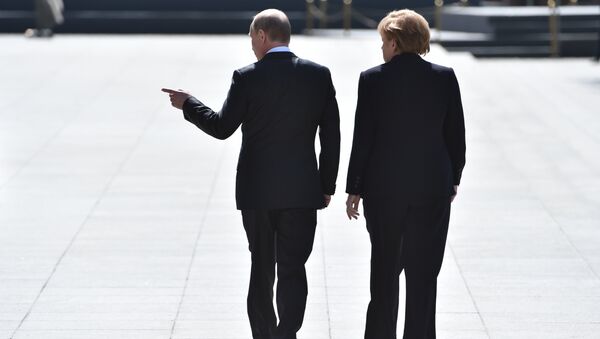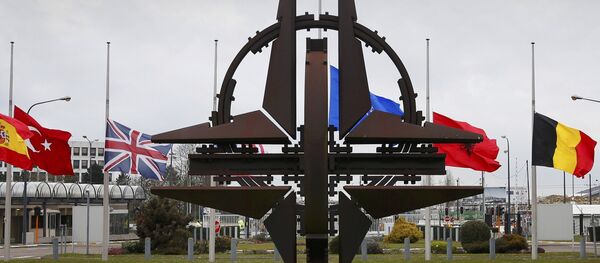He also supported the position of current German Foreign Minister Frank-Walter Steinmeier who called for cooperation with Russia and has been sharply criticized for his position.
"I fully agree with him. There is a great danger in deploying American and European troops near the Russian borders, and placing a missile defense system in Romania. Russia's reaction is predictable — they will react with similar measures at the border. It's a game — if you hit me, I'll hit you. It bothers me a lot. Previously, we had closer relations," Telschik stressed.
Nearly 60,000 soldiers of NATO and allied countries have been participating in four series of maneuvers in the Baltic countries, Romania and Poland. Russian authorities stated that military activities near its borders pose a threat to the country's national security.
"I understand the distrust on the part of the Russians," the political expert said. "I would like to remind you that one day Putin's speech in the Bundestag was met with standing ovations. Putin then considered Russia a European country. For many years, there were discussions about a strategic partnership with Russia, both on the part of the federal government, the EU and even NATO," Teltschik argued.
"Putin's policy is also a reaction to the attitude of the West. But I won't put the blame on one side. Both sides have their shortcomings" the expert stated.
Commenting on the extension of anti-Russian sanctions, Teltschik expressed his criticism. He is confident that the sanctions always negatively impact the population, rather than than political elites.
"I am opposing the sanctions. During the eight years of work in the office of the Chancellor, I saw how regimes around the world avoided sanctions. As a rule, they negatively affect the population, rather than the ruling class," Teltschik stressed.
Since 2014, the United States and the European Union have coordinated sanctions targeting Russian individuals and key sectors of its economy. The sanctions were initially imposed in response to Crimea's reunification with Russia and Western allegations of Moscow's involvement in the Ukraine crisis.
Moscow has repeatedly refuted allegations of meddling in Ukraine's internal affairs. In response to the Western sanctions, Russia has sanctioned US individuals and also imposed a food embargo on some European countries.


